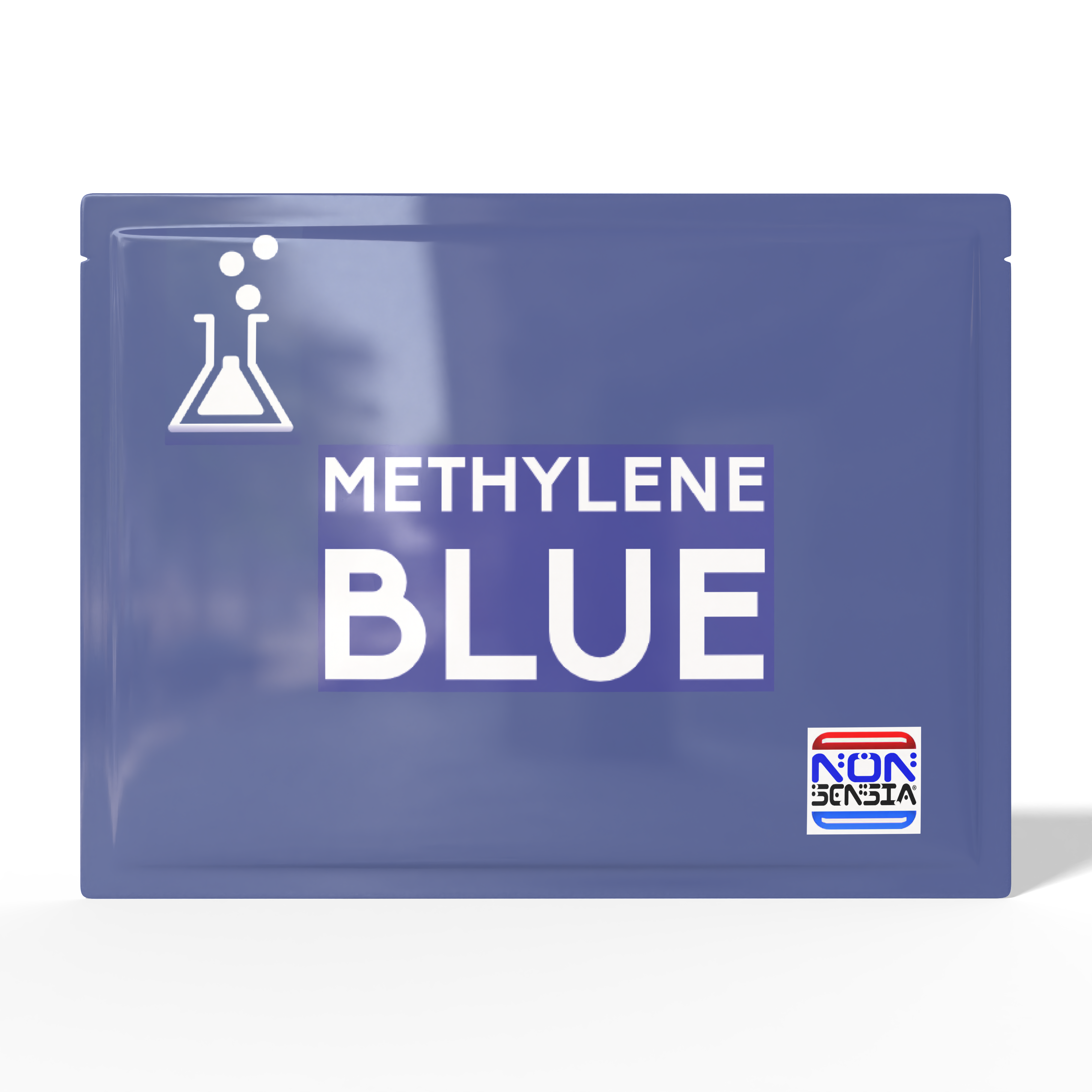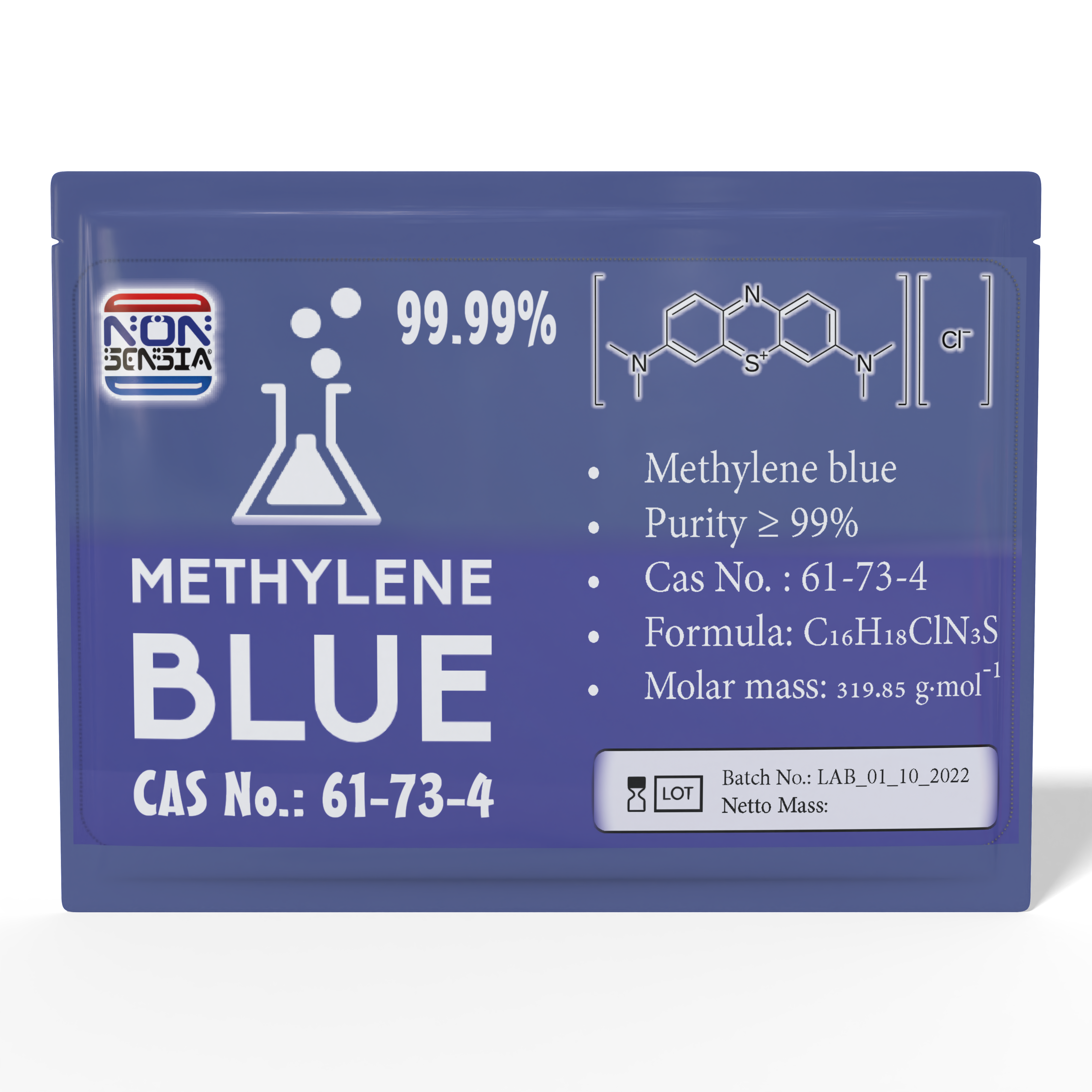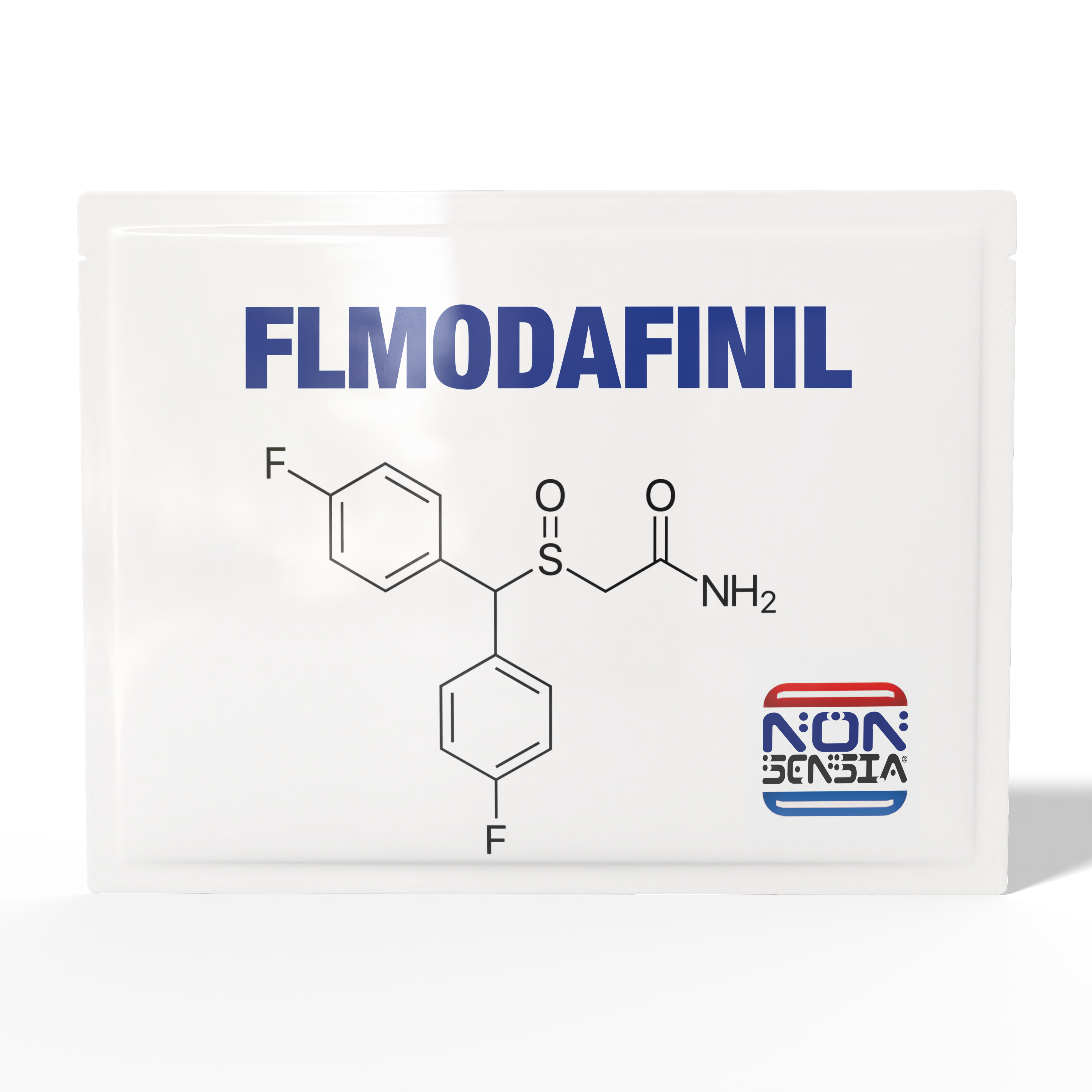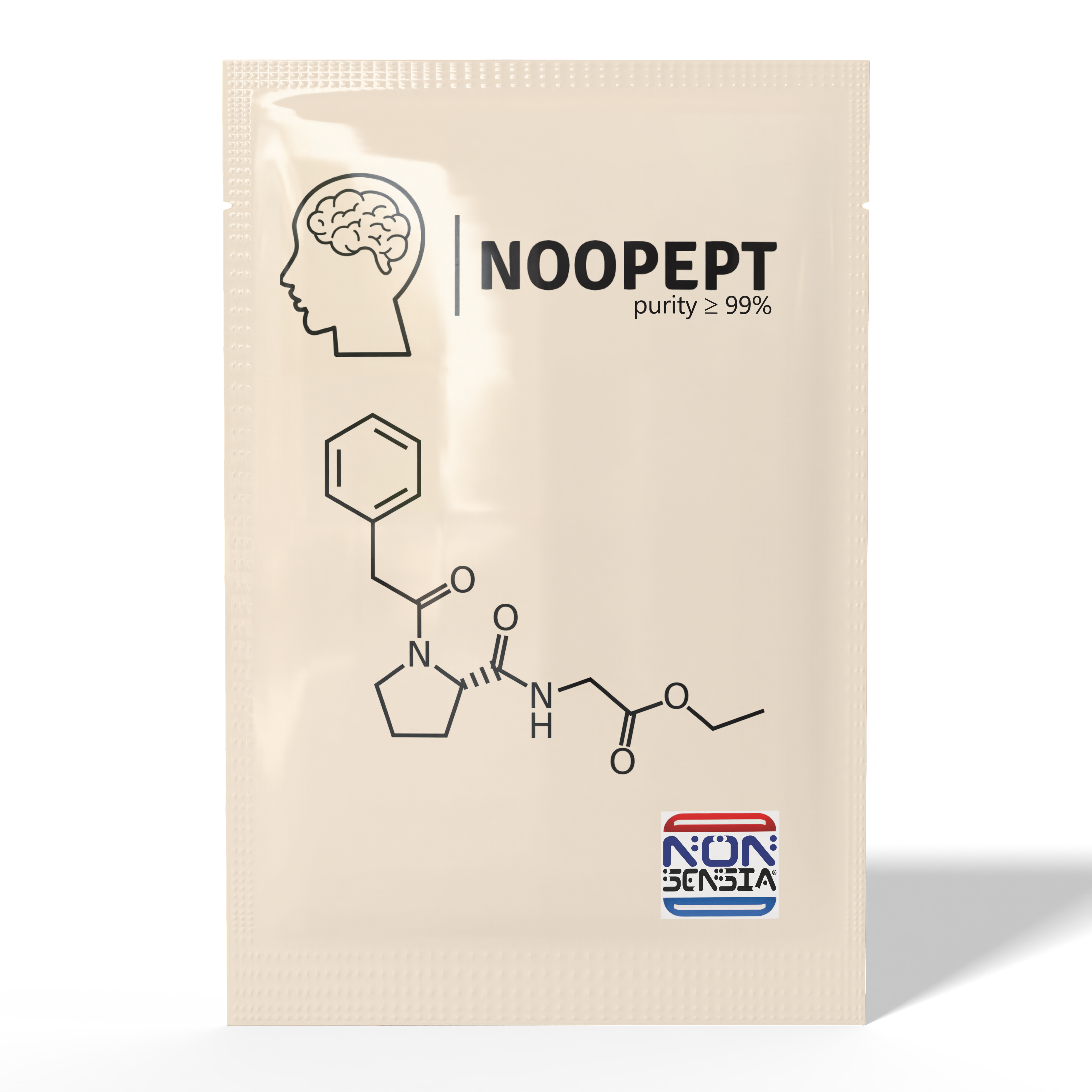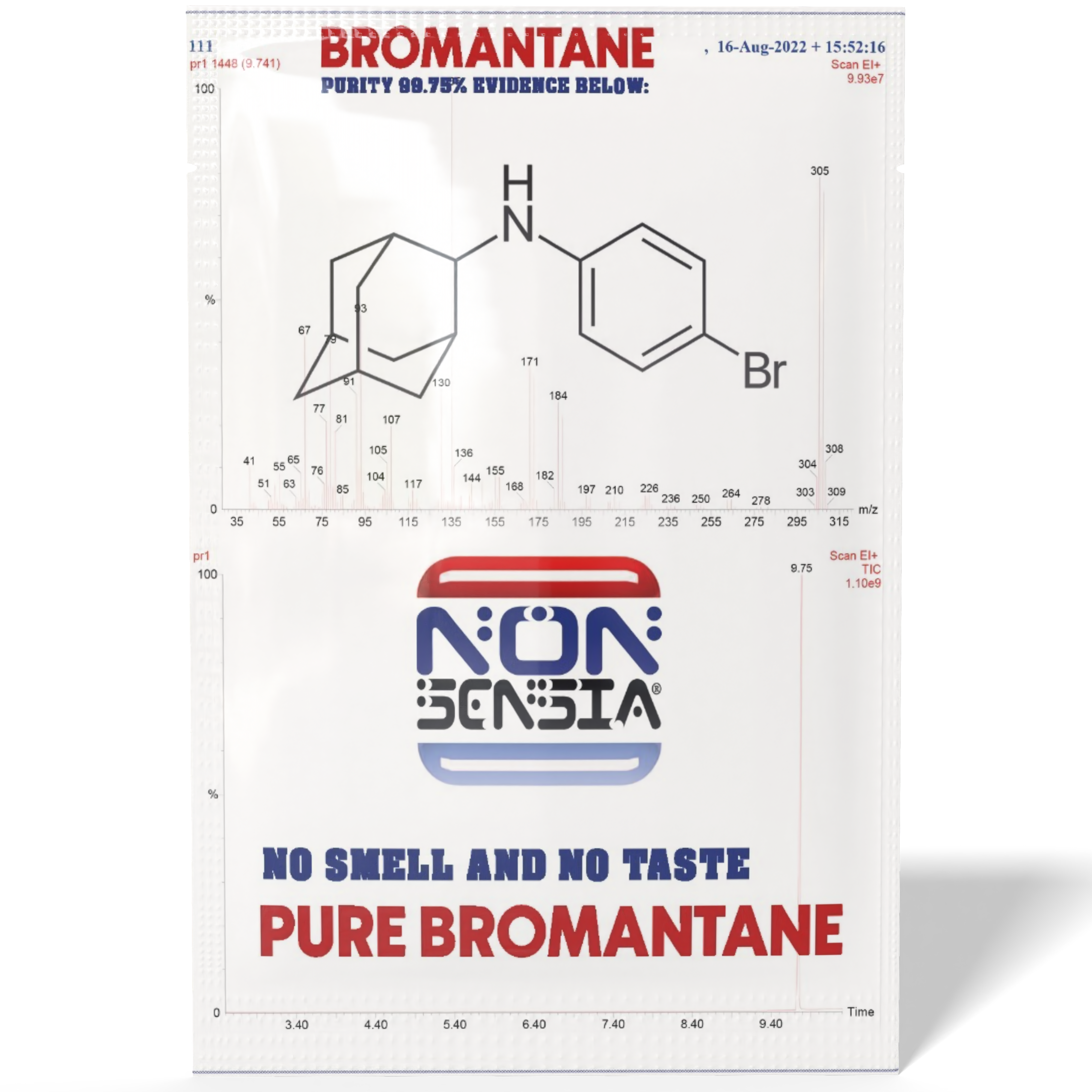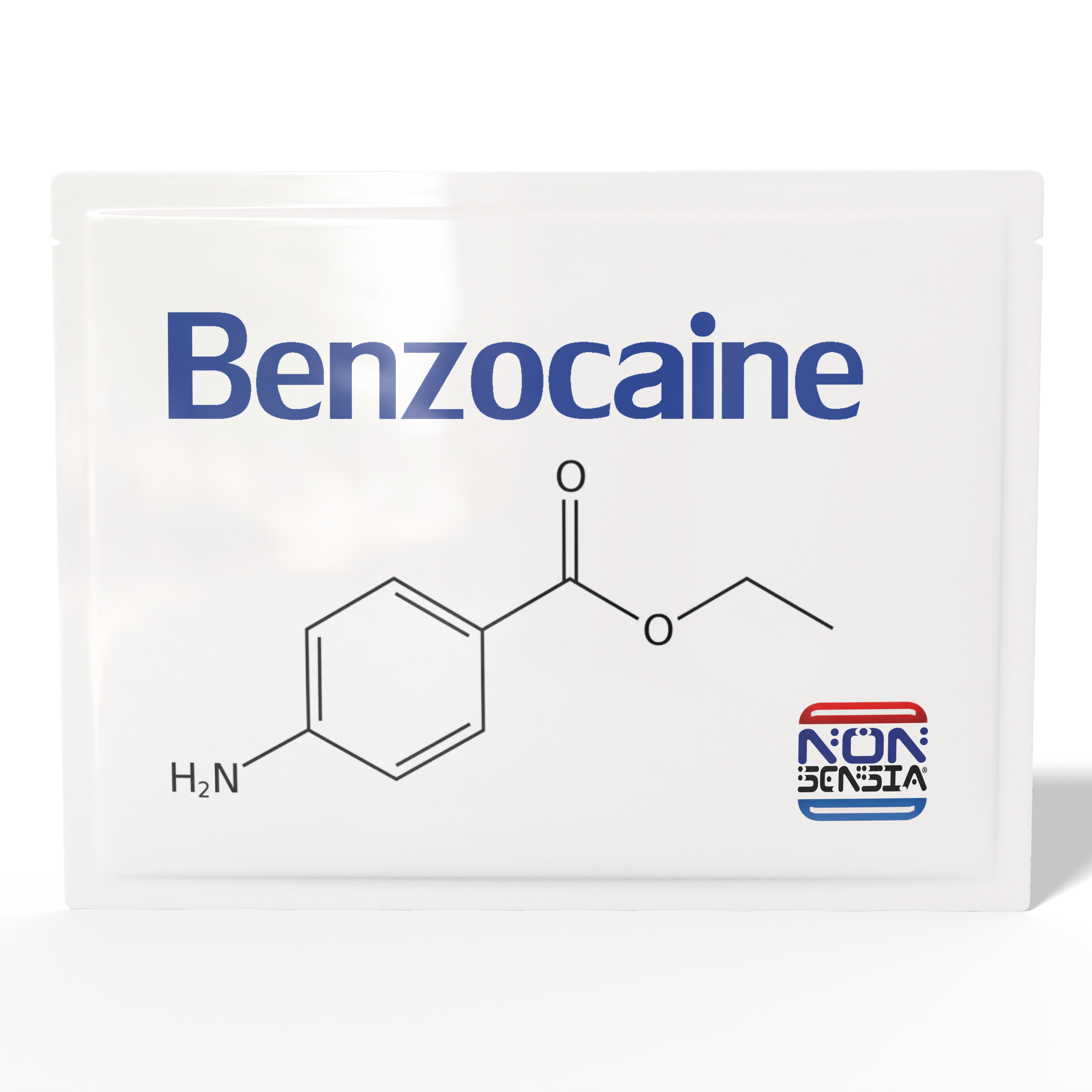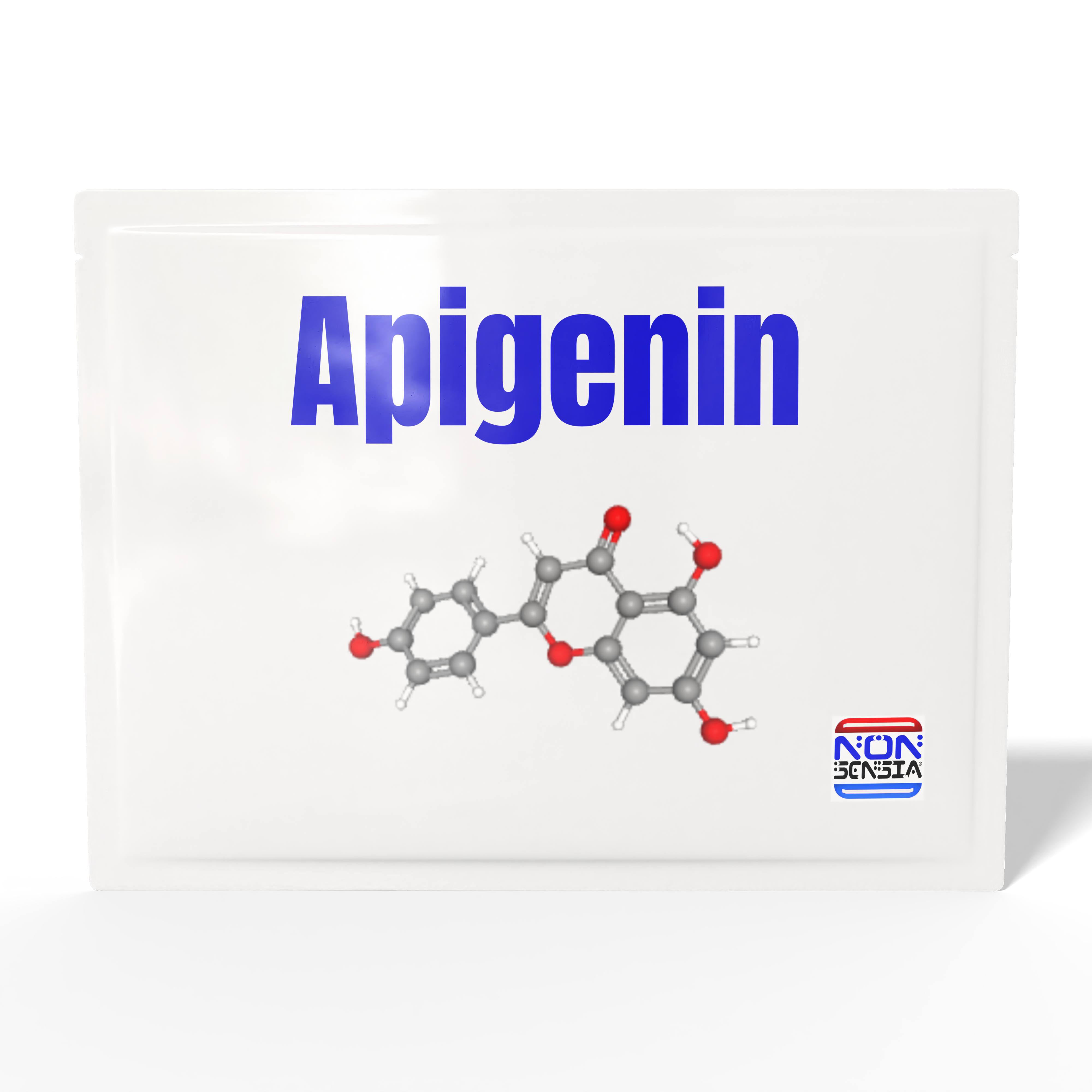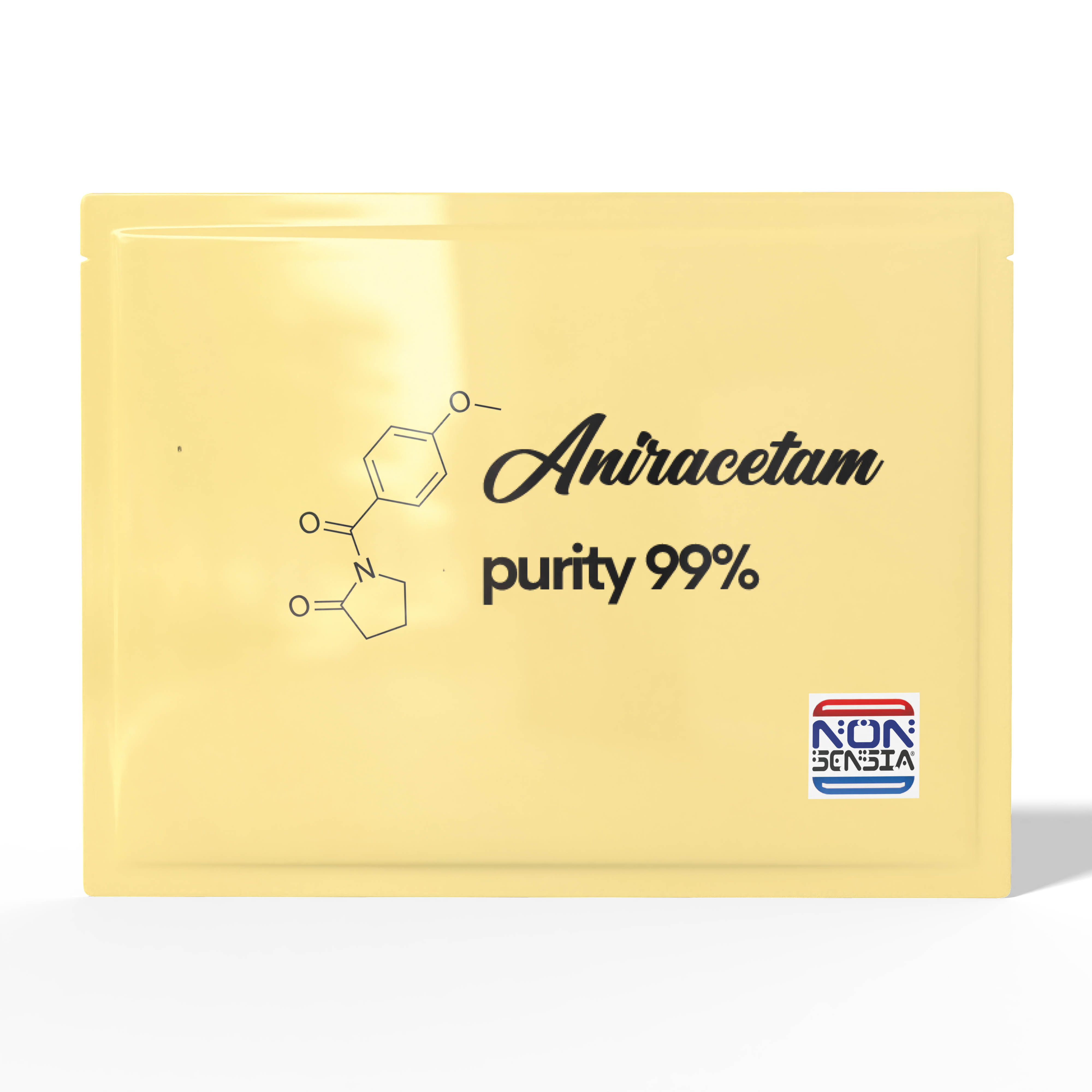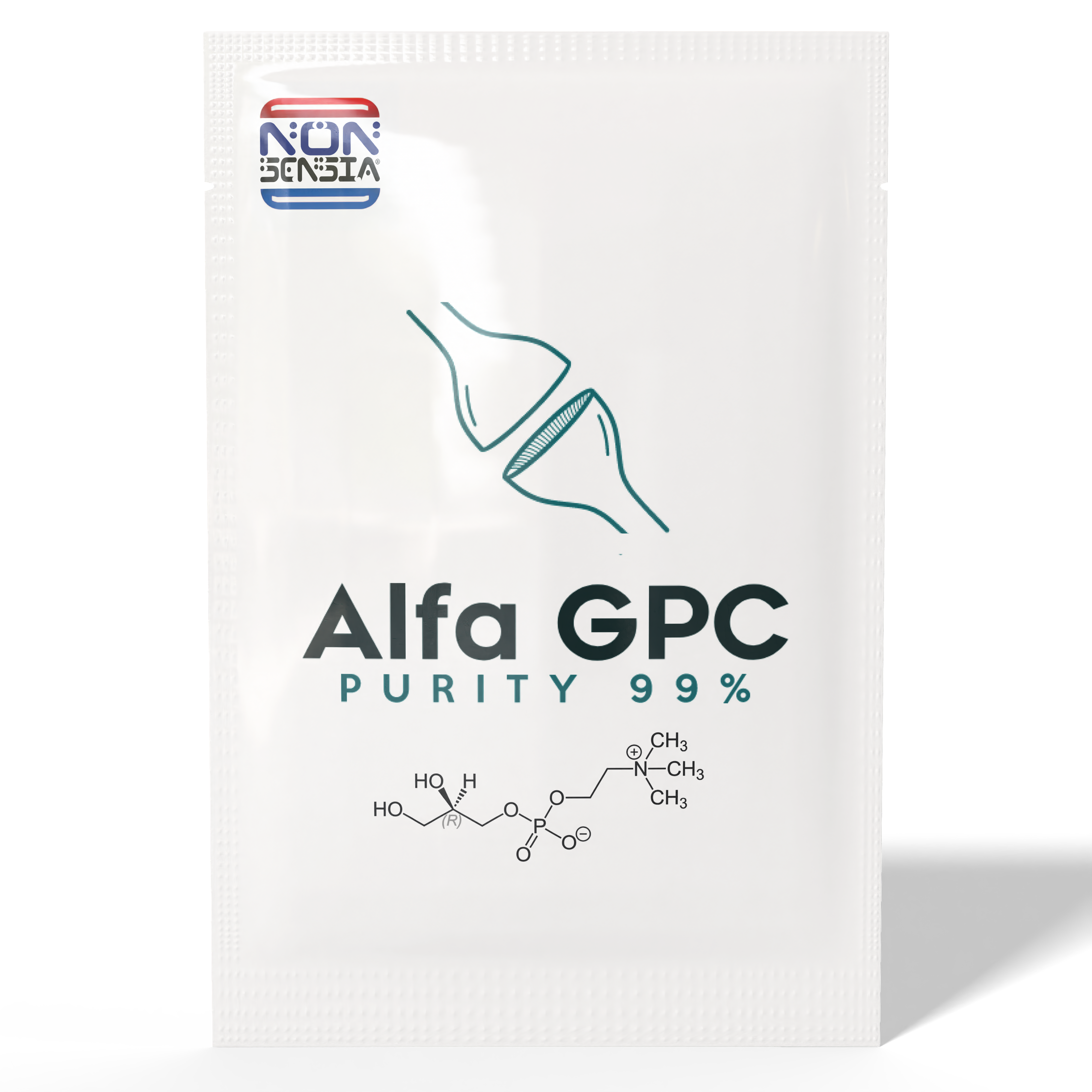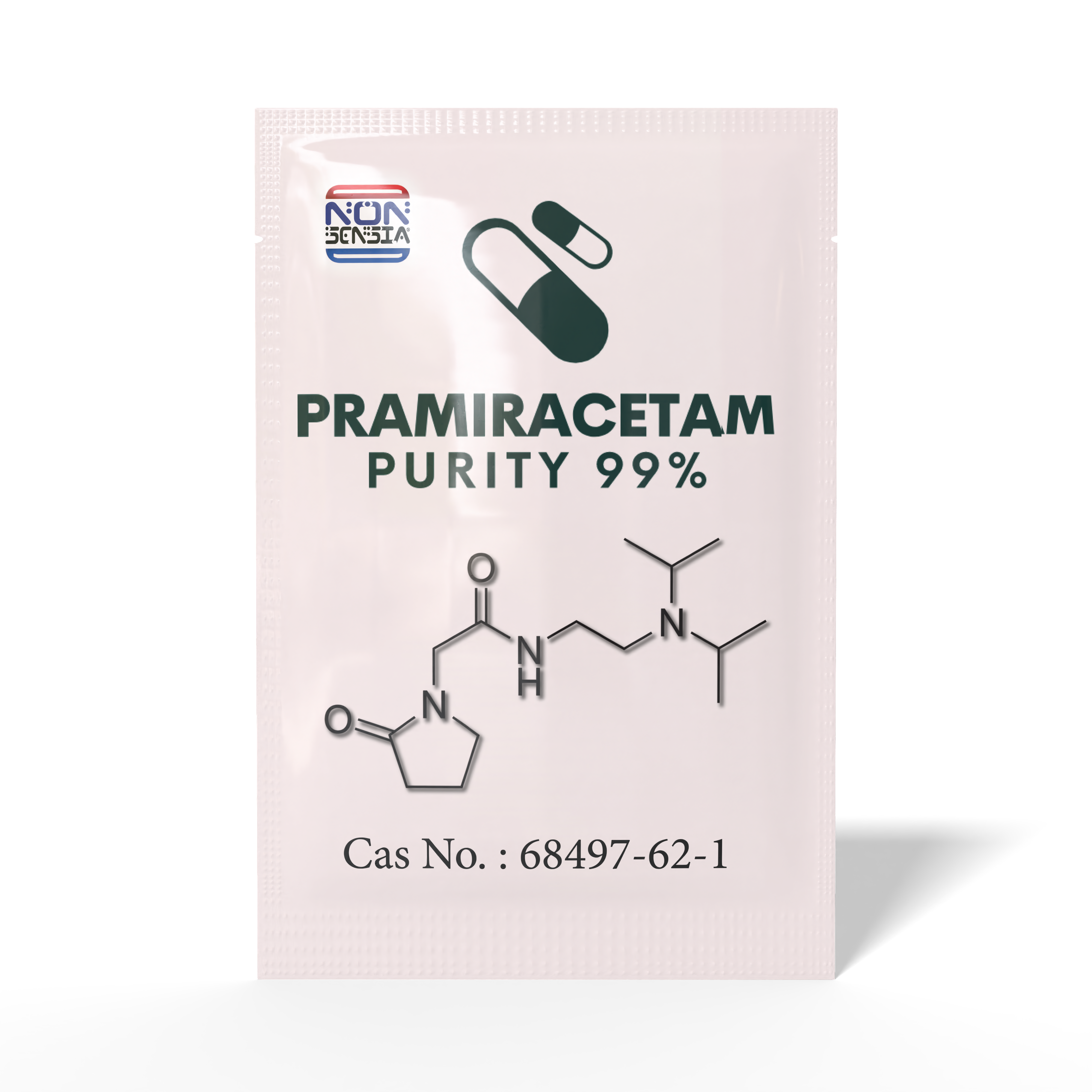Methylene Blue – For Brain Health, Memory, and Mood Enhancement 🧠💙
Purity ≥ 99.50% (Depending on the batch, always greater than 99.00%)
Pharmaceutical quality: PHARMA UPS grade.
Net weight: 1000 mg
CAS number: 61-73-4
Molecular formula: C16H18ClN3S
Molecular mass: 319.85 g mol-1
Form: Powder
Packaging: Sealed aluminum foil bag
Usage: For laboratory research purposes only, not for consumption!
What is Methylene Blue? 🌿
Methylene Blue, also known as Methylthioninium Chloride, is a synthetic compound used as a nootropic to improve memory, mood, and longevity. It has been studied for its effects on brain health and its potential therapeutic uses in neurodegenerative diseases.
History and Use 📜
How Methylene Blue Works 🧬
Neurotransmitter Activity ⚡
Methylene Blue inhibits the activity of monoamine oxidase and acetylcholinesterase, which increases the levels of catecholamines and acetylcholine. This results in improved memory, mood, and cognitive function by stimulating serotonin and norepinephrine, key neurotransmitters involved in mental health.
Mitochondrial Energy Boost 💡
By improving brain cell respiration, Methylene Blue enhances oxygen delivery and contributes electrons to the mitochondrial electron transport chain. This process generates ATP, the energy molecule, which improves memory and mood by providing cellular energy.
Medical Applications of Methylene Blue 💉
Studies are currently investigating Methylene Blue’s potential for treating mild cognitive decline, Alzheimer's disease, and Parkinson's disease. These neurodegenerative disorders share mitochondrial dysfunction, and Methylene Blue’s ability to improve mitochondrial function may offer a promising solution.
Memory Improvement 📚
Research shows that even a low dose of Methylene Blue can enhance short-term memory capacity, especially in areas related to sensory and visual processing. This could help in healthy aging, cognitive decline prevention, and conditions benefiting from improved memory.
Reducing Fear and Anxiety 😨
Another key benefit of Methylene Blue is its effectiveness in reducing anxiety and fear. It may be useful in treating disorders like bipolar disorder, and its ability to improve mitochondrial function and reduce oxidative damage contributes to better mental health.
Resistance to Alzheimer’s Disease 🧠
Methylene Blue has been shown to inhibit the formation of Tau proteins and strengthen neurons' resistance to amyloid plaque formation. This helps protect against Alzheimer's disease, repair mitochondrial dysfunction, and improve cellular metabolism.
Conclusion: Is Methylene Blue Right for You? 🤔

